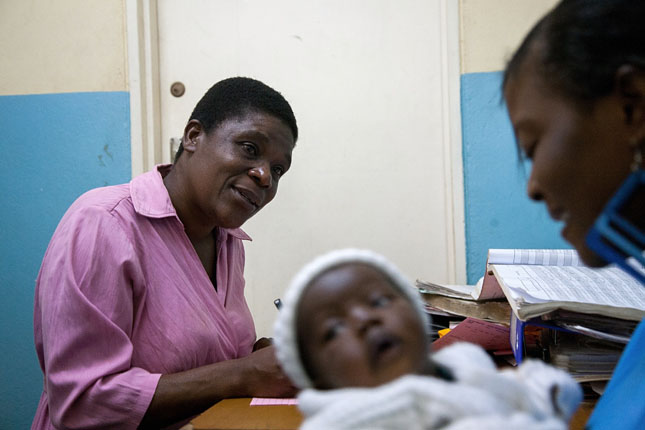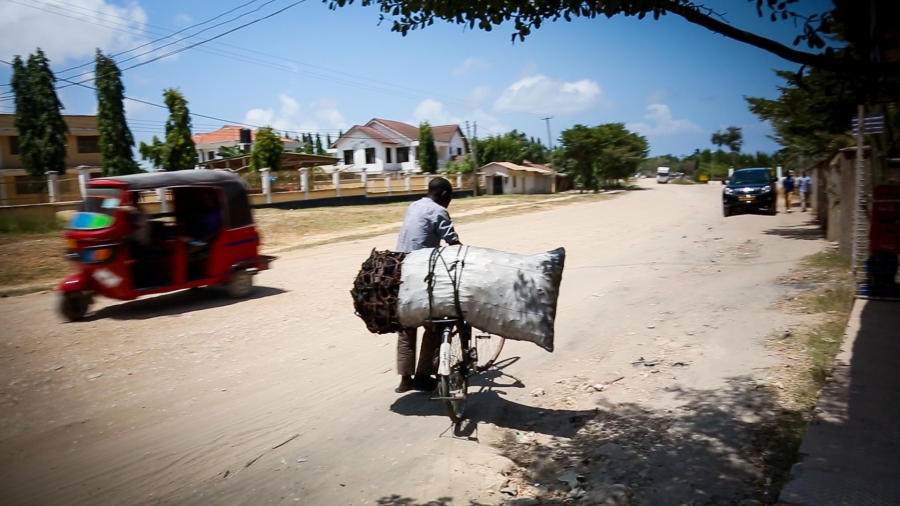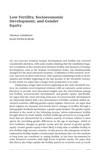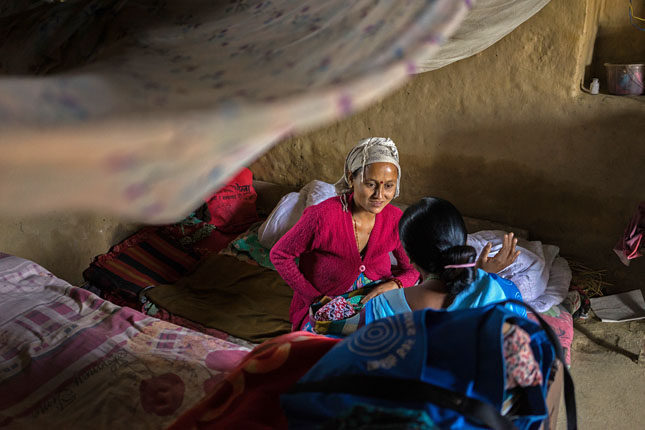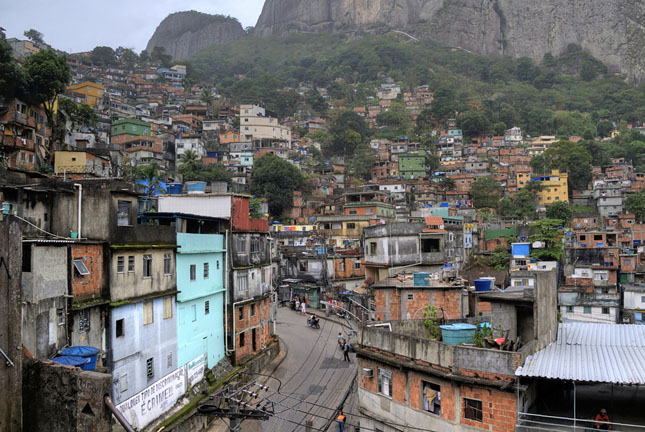-
Long in the Background, Population Becoming a Bigger Issue at Climate Change Discussions
›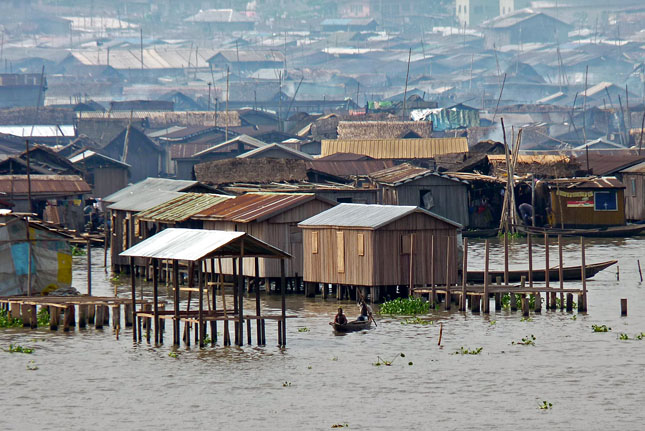
As most of the world’s governments are puzzling out what they can offer to combat global climate change, a sensitive but critical aspect of the problem is coming into clearer focus: population. The word appears 20 times in a new 66-page synthesis of country pledges to cut greenhouse-gas emissions by the UN Framework Convention on Climate Change’s Secretariat. And those are the mentions of population in the context of size or growth, not the word’s more frequent use as a synonym for “people.”
-
Finding the Path: Increasing Contraceptive Choice in Africa’s Most Populous Countries
›
More than 225 million women in developing countries want to avoid or delay pregnancy but are not using safe, modern, and effective contraceptive methods. Such a gap between women’s contraceptive behavior and reproductive goals is called an unmet need for family planning, and no region has more unmet need than sub-Saharan Africa. [Video Below]
-
Sam Eaton, PRI’s The World
Tanzania Tries to Turn Charcoal Trade From Enemy to Friend of the Forest
›October 28, 2015 // By Wilson Center Staff -
The “Gender-Equity Dividend,” and the Education Effect on Climate Change Adaptation and Mitigation
› By comparing “first wave” developing countries, like Sweden and the United States, to “second wave” developers, like South Korea and Japan, Thomas Anderson and Hans-Peter Kohler of the University of Pennsylvania seek to explain why countries that underwent socioeconomic development in the first half of the 20th century have slightly higher fertility levels than those that developed later. Despite “both sets of countries attaining high income and generally low fertility, contemporary gender norms and levels of gender equity differ between them,” write Anderson and Kohler in a new study in Population and Development Review.
By comparing “first wave” developing countries, like Sweden and the United States, to “second wave” developers, like South Korea and Japan, Thomas Anderson and Hans-Peter Kohler of the University of Pennsylvania seek to explain why countries that underwent socioeconomic development in the first half of the 20th century have slightly higher fertility levels than those that developed later. Despite “both sets of countries attaining high income and generally low fertility, contemporary gender norms and levels of gender equity differ between them,” write Anderson and Kohler in a new study in Population and Development Review. -
A Little Bit of Sugar Helps the Pill Go Down: Resilience, Peace, and Family Planning
›October 26, 2015 // By Roger-Mark De Souza
A recent article by Malcolm Potts, Aafreen Mahmood, and Alisha Graves of the University of California Berkeley’s OASIS Initiative notes that family planning has an important role to play in building peace by increasing women’s empowerment and their agency. “The pill is mightier than the sword,” as they put it.
-
Climate Change Adaptation and Population Dynamics in Latin America and the Caribbean (Report)
›
Global climate trends indicate that our planet will continue warming into the next century, leading to more extreme climate conditions. The Latin America and Caribbean region is vulnerable to some of the most challenging aspects of climate change – sea-level rise, changes in precipitation, glacial melting, spreading of disease, and extreme weather events.
-
Migratory Labor for Extractive Industries Creating “Sons of Soil” Conflict in China
›In May 2011, two weeks before I was scheduled to start research in the region, a Mongol herder named Mergen was hit by a mining truck while protecting his pastureland in Xilingol, Inner Mongolia. He was dragged 140 feet and killed. His death sparked a month of protests.
-
Food Security Goals Linked to Expanding Access to Family Planning, Says PRB Report
›Food security and proper nutrition are essential elements for the good health and wellbeing of individuals and communities. Proper nutrition increases productivity and subsequently helps lift families out of poverty. However, an estimated 800 million people are chronically malnourished across the world. Globally, more than 3 million children die each year due to illnesses caused by malnutrition.
Showing posts from category demography.


